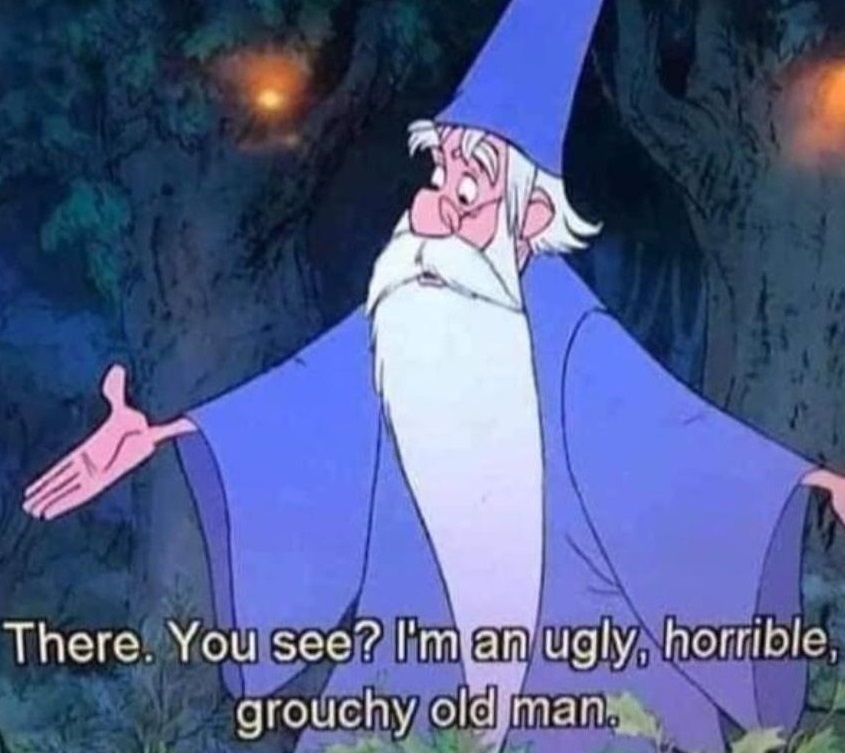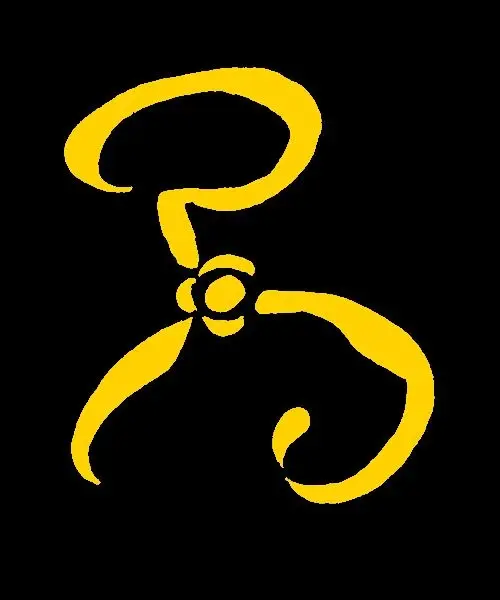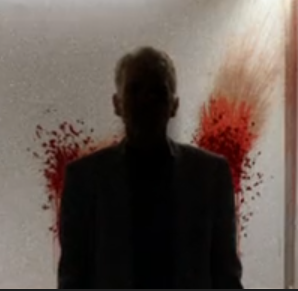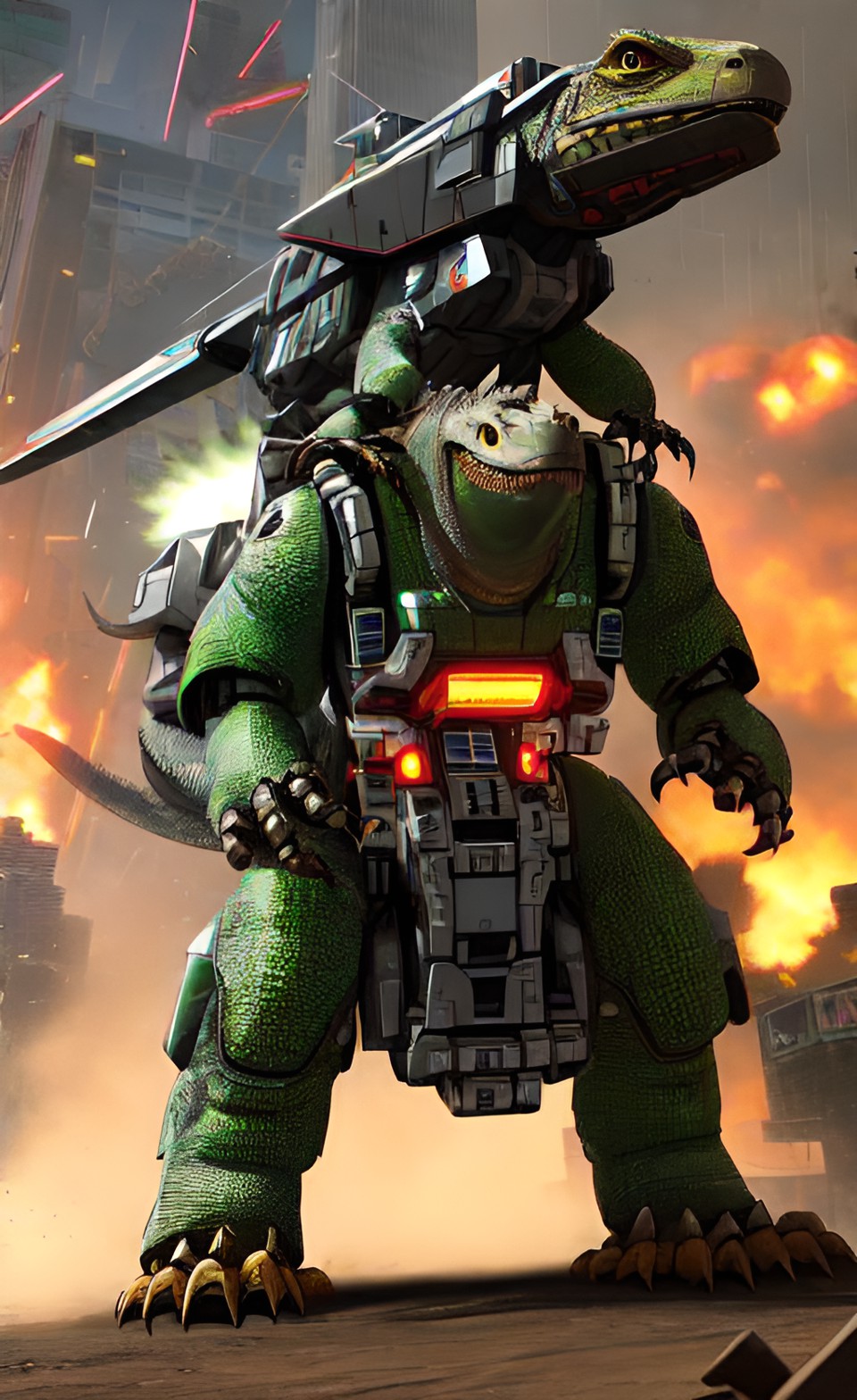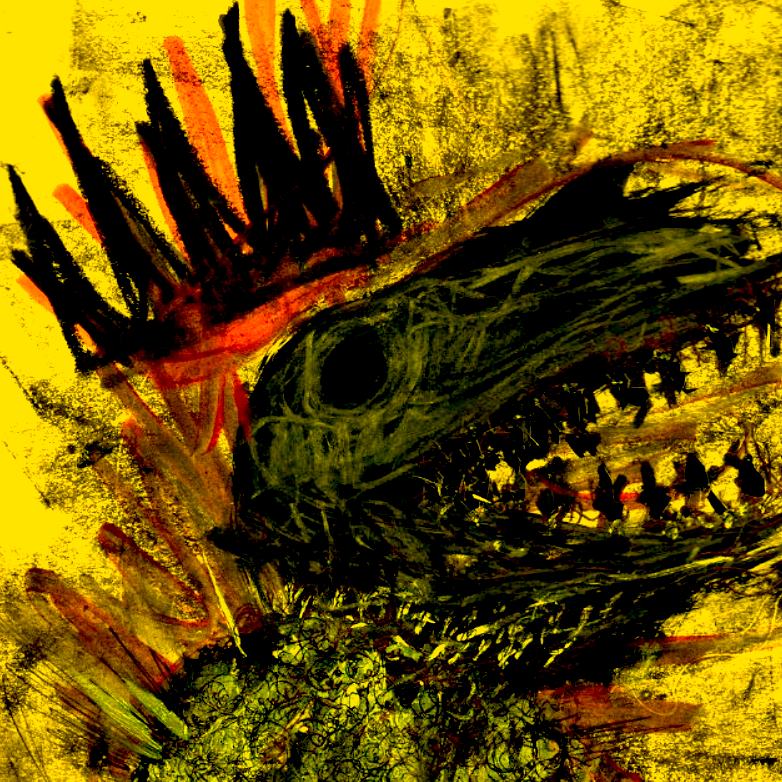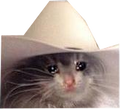Fun fact about going below 0 HP: Third Edition D&D tracked that. At 0 you were staggered, below that unconscious, and at -Con Score negative HP you died.
This being D&D 3.x (3.0/3.5/Pathfinder 1e), there were abilities that extended that limit, abilities that let you stay conscious below 0 HP. I’ve seen someone play a build that was always at negative HP, with a limit of something like -300 before dying, and got bonuses for being in the negatives.
I’ve seen someone play a build that was always at negative HP, with a limit of something like -300 before dying, and got bonuses for being in the negatives.
Lmao that’s fucking wild
Totally. Third edition D&D (and its continuation Pathfinder 1e) is amazing for doing the most insane things you can come up with. So many janky combos to be had, with an utterly absurd amount of choices, and characters tend to make more build choices each level than a 5e character does in their entire career. Downside, it’s less newbie-friendly because that many options can be overwhelming. But it’s perfect for those that tried 5e and found it too shallow.
Man I wish I had the time (slash the control of my time) to play D&D again. I was on a 5e campaign and I just couldn’t keep up with it due to work. 3e sounds even better but even more time consuming haha
It is worth noting that the -Con score was a 3.X house rule but Pathfinder 1e raw. It was just -10 otherwise, which could get pretty punishing if you were dropped by bad luck.
5e’s up-and-down approach to unconsciousness isn’t really an ideal resolution, although making them gain levels of fatigue almost makes it functional.
Savage Worlds does this right with wounds. Anything under a great success leaves the character shaken, so that they must save of lose their turn. Every wound is a cumulative -1 on all rolls. 4 wounds and you’re out of the fight.
Oh boy does it make battles feel more epic.
Savage worlds does a lot to help with that, honestly. The cards at the start of each session help shake every game up too.
I’m really singing its praises here, but I really love the classless edge system of Savage Worlds. I’ve never come up against the problem I have with other RPGs where I have to force the mechanics to fit my concept. Want a plate armoured wizard? 2 edges, playable as a beginner character.
I also love the trappings mechanic.
You want your spells to look like a dude’s just throwing cards extremely hard? That’s just how you work baby.
I also love playing a Huckster in Deadlands. The poker hand mechanic to essentially perform wild magic is ridiculously evocative.
Until you run out of bennies. I always ran out of bennies.
That sounds neat. I am so completely bone tired of the “my character comes online at 6th level” dndism. It doesn’t have to be that way! You can have fun now, not in six months!
Please give it a spin if you haven’t already. Game mechanics need not be constrained to die roll plus modifier. Probably my favourite mechanic is that your level of aptitude in a skill is repesented by the size of die you roll. Also, Savage worlds were doing rerolls for good roleplay in the form of bennies for a few years before D&D dreamed up advantage and inspiration.
It’s been recommended to me a bunch. It’s on my list, but after Fate. I really want to have a solid game of Fate, but unfortunately I am not yet a grandmaster of Time.
I’ve played and briefly GM’d both. They share a lot of stuff while feeling completely different. Savage Worlds is wild and unpredictable, with some narrative control in the hands of the players. FATE is a lot more predictable, with a strongly centered bell curve on rolls and higher narrative control with the players. I love both for different reasons.
This but unironically. In medieval total war 2 everythinh except for things like elephants had 1 hitpoint. And a certain chance to recive damage based on atack and defence values. So if the model was hit it died. And it looked much cooler. Contrast that with modern total war games like warhammer where there are health bars. a cavalary charge would send some dudes flying 20mm into the air and after bouncing several times they get up and walk back. Arrows and misiles also work in wierd ways. With the unit loosing sometimes half of its health before anybody dies.
HP is messed up because it tries to track two different things at once. The first is how a combatant can be disabled by one big hit or a few smaller ones. The second is how a more experienced or more “heroic” combatant is harder to disable. When you put these together, you get a mess where your Aragorn ripoff can survive multiple blows from an axe.
But players don’t like being at risk of dying every time they get close to a commoner with a dagger…
In GURPS you have relatively low HP, but several ways to defend. Still it’s pretty lethal if you’re combat-happy
In Traveller, your stats are your HP, so as you lose HP, your physical stats degrade until you are dead. HP doesn’t increase, so bloat doesn’t become an issue.
Cypher system has a similar mechanic. You have 3 basic stat pools, and apply “effort” from them to make your tasks easier (i.e. lower difficulty of skill checks). These pools are also your “HP” and are reduced by different types of damage. When a pool is emptied you are debilitated in some way, when all 3 are empty you die.
You can really feel your effectiveness lessen throughout an adventuring day, and it makes your life total more of a resource to manage.
Yeah, I remember that. I didn’t like how it felt tbh. Spend 3 points to get a what, +4 on a d20 roll? That feels real bad when the d20 rolls high and didn’t matter or rolls low and doesn’t matter. And it doesn’t matter 4/5 of the times so at the end of an adventuring day if you spent all your might on bonuses it could only pay off once.
I mean sure, you get discounts as you level up, and yes, it really pushes you to use cyphers to actually solve problems, as trying for things directly was always a toss up, and that does push you towards the main themes of exploiting random artifacts all the time but I still didn’t like it.
You’re the only other person online I’ve seen talking about cypher. I love numenera!
Does that encourage more of a death-spiral? It makes more sense that a 100% hp and 1% hp person wouldn’t be at the same effectiveness. But once you start downgrading one side’s effectiveness, it can snowball.
That is true! Combat in Traveller is meant to be quick, deadly, and avoidable at all costs. It encourages strategy because a fair fight could just as easily end up a TPK.
We used to say if you get in a fight in Traveller you already fucked up.
I prefer the original hit point system where 1 hit point means getting hit with one 14 inch shell. Considering this I’d say few living things have more than one hp.
“Shell?” Like “turtle shell” or “fired from a canon shell”?
Its “fired from a cannon shell”. The system was made as a military war game.
It’s-a me, confederate soldier
Genuinely, I like how Ironclaw (Squaring the Circle) does it; attacks and dodges are skill checks, like anything else, how well an attacker succeeds determines which status the victim receives. Low successes only make them Hurt (with its status ailments) which a high enough roll makes them Dying or Dead (again, just statusses you inflict)
I think it’s a cinematic, intuitive, yet powerful and scalable mechanic!
Sounds like the exact same thing, just slightly more abstracted. How many hurts is a dying?
No it’s a status condition, either you’re Hurt or you’re not.
It’s a debuff, that makes it easier for others to attack you/inflict bigger statuses on you
“You attempt to dodge the ogre’s attack but fail. Ok, so now you gotta take out the medical dummy and see if you’re still conscious after taking a 20 pound wooden club to the side of your head at 45mph.”
I really like the way it’s handled in Matryoshka (a homebrew variant of Powered By The Apocalypse). There is a harm mechanic and there is a lot of leeway in how the DM dishes it out both to NPCs and PCs.
I generally prefer its focus on collaborative storytelling over straight up tactics and minutia of stats and attack ranges etc.
Check out the Red Game Table podcast if you’re interested in a ttrpg that is basically cosmic horror x-files in the eastern bloc during the cold war.
I like Fate. You have a small quickly restoring pool of stress to soak up harm, but anything more becomes a Consequence. Players agree on what an appropriate consequence is and the narrative follows. You don’t really have the “he’s at 1/483 HP but still fighting strong!” thing.
Yes, was going to bring up Fate! I really like systems that split damage into ‘heroic near misses or light damageless scrapes’ and ‘actual wounds’, without getting too bogged down in random tables and lookup charts.
That sounds really similar to the harm system in Matryoshka actually.
Like there are 7 points of harm anyone can take and as they pass certain thresholds they can receive wounds both physical and otherwise that may cause negative modifiers to subsequent rolls on certain stats or even just in general.
Like in the campaign I am in my character almost got themselves killed in a monomaniacal attempt to communicate and study a psychic entity and wound up just letting them literally live rent free in his head.
deleted by creator
Don’t get me started on mana points. YOU CANNOT CONTAIN THE POWER OF THE AETHER IN MERE NUMBERS
Hello yes I would like 32 aethers please
^^^ statement dreamed up by the utterly DERANGED
I’d love to see a mechanic where mana points are just “here’s how much magic you can control” and you can go beyond that if you want to but crazy unpredictable things will happen and you will almost certainly die.
In the old SNES game Paladin’s Quest, HP and MP share an identical pool. You could either hit with your weapon or use magic, depending on which would cost you more. Magic comes at a PRICE!:-P
So it was all Blood Magic? How villainous. :)
Meh, but you saved the world so… there’s that:-P.
You Either Die A Hero, Or You Live Long Enough To See Yourself Become The Villain
Mage the awakening (2e) has a concept of Reaches. As in overreaching. You can throw more than your safe amount of reaches on a spell to get it to be bigger, longer, more complicated… but you’ll have increasing odds of causing a Problem. And every time you make that check in a scene, it gets harder to pass safely.
Good game. Extremely different than DND
In GURPS, you expend either Fatigue Points or Hit Points to cast a spell.
The Wheel of Time rpg was 90% D&D3, but it had a fun twist on the casting mechanics that let you try to go beyond your spell slots at the risk of losing all your casting.
That’s in Glitch
Dresden Files RPG works that way, Wizards can attempt to do basically anything but the more magic you try to control the worse it can go wrong.
We used to have an angel of death once you hit a certain number of negative hit points, like you would lose you intestines or a limb that would have a negative effect that would stay until a regeneration spell was cast
On alternative to traditional hit points can be seen in OSR/NSR games derived from Into the Odd. The game still has HP, but it stands for “hit protection” instead of health/hit points. In Into the Odd, there are no attack rolls, you just roll damage dice. HP is then a buffer that resets after an encounter to absorb a hit or two. After that, characters and monsters start taking all damage to their strength stat, which provokes critical damage checks that can knock them out of combat.
So, the result is that combat is very fast, a couple rounds at most, and very decisive/deadly without having the classic OSR issue of your 1 HP wizard dying because they ran into a cat.
I remember a game that split health into different organs, pretty much all fights where you got one hit or you did the one hitting. Way too many years have passed for me to be useful and remember more details than that and I was a really shitty caster.
Been a while since I’ve played so I don’t remember a lot of specifics, but maybe Hackmaster?
Idr this was in college around 2010s, I only played one game and everyone was mad with how weak my caster was, they wanted me to roll a roguish type to start off with. I ghosted after. 🙃
I don’t understand what this graphic is saying, but I agree




